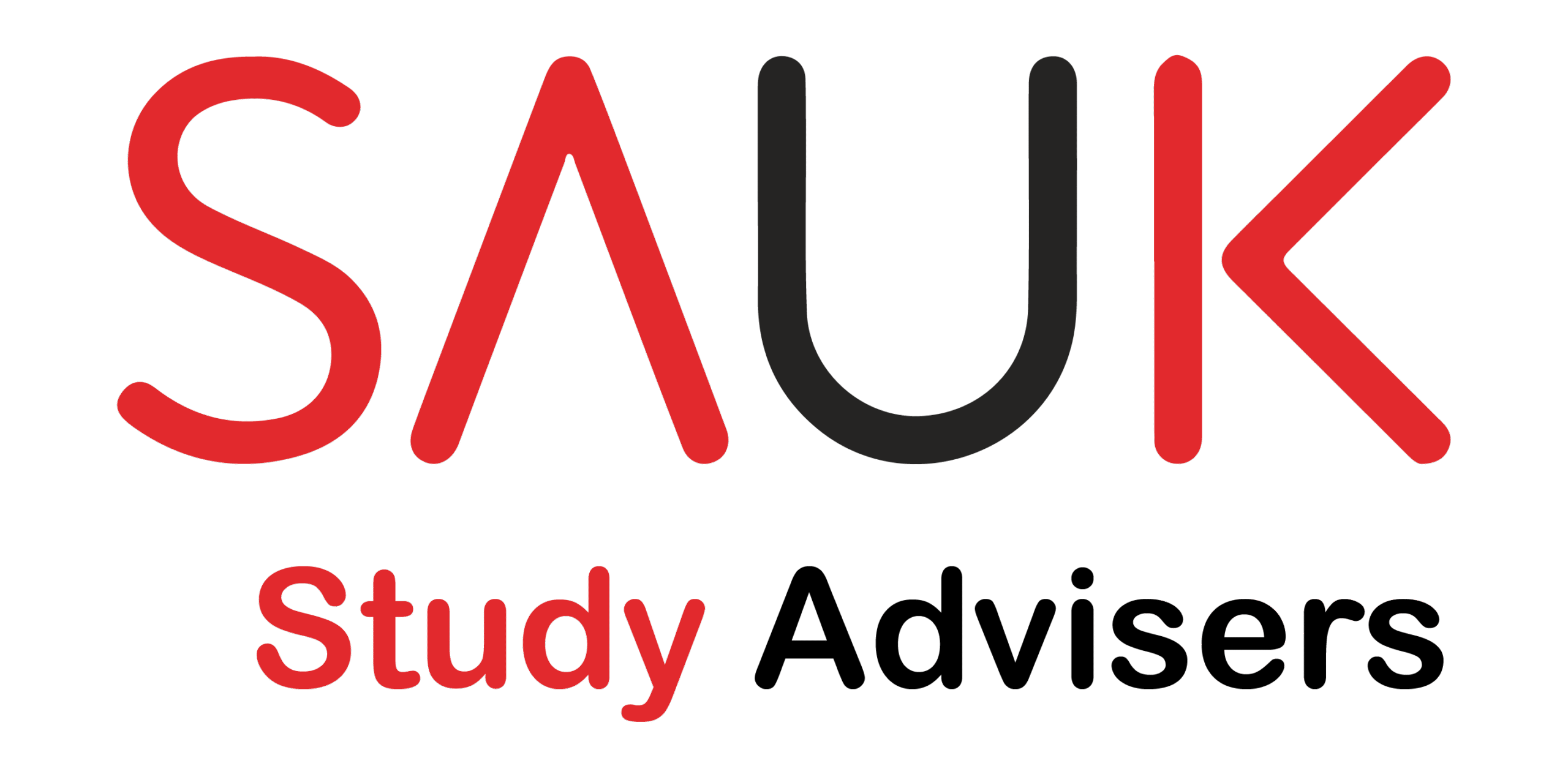One of the most thrilling experiences that a student can have is to study abroad. It opens the possibility to international education, multicultural interaction and global employment opportunities. However, as a student, the first question that arises is: how can you study abroad?
However, without guidance, the process may be daunting. Whether it is the selection of the appropriate country or applying to the scholarships, all these processes should be planned. In this blog, we are going to guide you through useful principles in which you can learn abroad and make your dream come true.
Laying the Foundation: When and How to Start
The initial factor in your study abroad is time. The majority of professionals suggest making preparations at least 12 to 18 months before. This will provide you with sufficient time to study courses, collect papers, and prepare for language or entrance tests. UNESCO estimates that over five million students study abroad each year, and early preparation is frequently the most significant difference between successful applicants and those who fail to meet the deadline.
Firstly, one should draw up an individual schedule which provides the dates of exams, the dates of university applications, and the dates of scholarship applications. Scheduling your reminders on your phone or a calendar application can make you stay on schedule even with something as simple as that. Most students are not aware of the speed of time and when their preparation is left to the very last moment, it can be either stressful, or even result in missed opportunities.
Choosing the Right Destination and Course
The country you choose also determines the quality of education, the cost, and the availability of work and post-studying visa options. For example, low-cost or tuition-free education is well-known in countries such as Germany and Norway. In contrast, the USA, UK, and Australia are renowned for their internationally recognized universities and superior research institutions.
One should not be too ambitious. Rather than merely selecting the most desirable destinations, consider tuition rates, admission criteria, and post-graduation work permits. The USA or Canada may be the right choice in case you want to work in technology or engineering. In business and management, both the UK and Australia have globally competitive programs. Germany or Eastern European countries might offer those who want cheap, yet high-quality education.
Meanwhile, pay attention to selecting the right course. University websites often provide reading course outlines that help you determine whether the program aligns with your academic and career goals. An interview with alums on social networking sites, such as LinkedIn, can reveal how beneficial the program is in securing a job.
Understanding the Cost of Studying Abroad
Cost is one of the primary concerns that students have when studying abroad. Prices of tuition and living costs vary significantly according to the destination. For example, the cost of studying in Germany is approximately EUR 12,000 per year, whereas in the United States, it can be more than half a year and exceed $50,000. A detailed country-wise comparison of study abroad expenses is also available for reference.
However, tuition is only part of the equation. Students also need to plan for housing, food, transportation, visa fees, health insurance, and books. Budgeting early is essential. Preparing a monthly estimate before applying helps determine whether part-time work, scholarships, or additional funding may be necessary. Many universities also provide average living cost estimates on their websites, making financial planning more straightforward.
Building a Strong Application Profile
Your resume is not just a collection of paperwork; it is your narrative. Universities are interested in knowing why you fit in their program. It usually contains your academic transcripts, although it also contains a Statement of Purpose (SOP), Letters of Recommendation (LORs), and a Resume.
An effective SOP must elaborate on why you have selected the program, how it fits your career objectives, and what singular view you have as an international student. Rather than imitating templates on the internet, make your essay personal using actual experiences. As an illustration, when you are applying to a community health program, discuss the community programs or a research project that made you feel passionate.
Letters of recommendation are also good. Select referees who are well acquainted with your work-professors, supervisors, or employers who can emphasize your abilities and determination. Lastly, keep your resume up to date by adding pertinent internships, volunteer work, or relevant qualifications. Out-of-academic initiative is likely to be valued by universities.
Meeting Language and Entrance Requirements
The majority of international programs require evidence of English proficiency. The most popular tests are IELTS, TOEFL, and PTE. Other countries can also request local language certificates, such as TestDaF or DELF, such as Germany or France.
Preparation matters. Although the 6.0 band is the minimum in IELTS, achieving 6.5 or 7.0 makes you more competitive and increases your eligibility for scholarships. Students may find free practice materials on the Internet, and it is always possible to enroll in a preparation course in case you have some problems with speaking and writing.
For graduate studies, alternative entrance tests may be used, including the GRE in science and engineering, or the GMAT in business schools. These tests should be planned at least 6 months before the deadlines to allow time for retaking in case necessary.
Get the Right Guidance Before You Apply
Before embarking on the visa process, making contact with a study abroad advisor may be highly beneficial to have the process run smoothly. A professional consultant assists you in deciding the right universities, finding scholarship ranges, and organizing the appropriate documentation timely. Their advice minimizes the number of mistakes and missed acceptances and services such as profile reviews or mock interviews are guaranteed to enhance the likelihood of acceptance. The process can be much easier and less stressful with the appropriate assistance.
The Student Visa Process
A student visa is not the end even when you have been admitted. The visa requirements vary by the country but generally refer to the admission letter, evidence of funds, health insurance, and valid passport. A visa interview may also be necessary in some countries such as the USA.
What is important is that one should avoid delay in applying since processing time may take weeks or months. Never forget to look at the embassy official site to get updated requirements. Always bring along copies of the original documents as well as original ones and have them well arranged to prevent setbacks.
Securing Accommodation Before You Arrive
Housing plays a significant role in your study abroad experience. First-year students often find university dorms to be the most convenient, as they are affordable and conveniently located near the campus. Besides, in private apartments or cohabitation, there might be more autonomy.
The worst thing students can do is wait too long to find a place to stay. In large cities such as London, Toronto, and Sydney, demand is high and prices are also high when the semester begins. You can book at least three months in advance and save both money and stress. When in doubt, you can reserve temporary housing on Airbnb or hostels so that you can get a temporary place of stay before settling in a permanent location.
Preparing for Cultural and Lifestyle Adjustments
Studying in a foreign country is not only about studies but rather about adjusting to the new lifestyle. Culture shock is common. You can be overwhelmed with new practices, food or even the rhythm of everyday life. As an example, in Germany punctuality is much appreciated whereas in Italy, social interactions tend to be less formal.
You get a clue of what to expect by watching videos, participating in student forums or networking with alumni before you leave. Most universities also have orientation programs and during which you get to meet with other international students making adjusting easy.
Balancing Studies and Part-Time Work
Lots of countries permit students to study on a part-time basis. In Canada and Australia, semesters are not restricted, with 20 hours per week permissions, whereas the UK allows some restricted hours based on visa conditions.
Part-time employment is not only cost-effective, but it also creates a resume. Tutoring, retail work, or cafe work are common student jobs. Your career can be further improved by undertaking internships and research projects.
FAQs
- What can I do to study abroad on a low budget?
One way to reduce costs is to apply for scholarships and select a country with lower tuition fees, such as Germany or Norway. Additionally, managing your living expenses by being extra mindful of your budget can help you stay within your budget. - Do I need to take the IELTS or TOEFL to study abroad?
The majority of English-speaking universities require either the IELTS or the TOEFL. In contrast, some of them also accept such options as Duolingo English Test, or can skip the plan in case you have studied English before. - At what point in my life do I begin planning to study abroad?
One should begin at least 12-18 months in advance. It will allow enough time to prepare for tests, apply, plan finances, and obtain a visa. - Is it possible to study abroad?
Yes, numerous nations permit part-time employment for foreign students, typically 15-20 hours per week. This has the potential to help meet living costs. - What documents are needed to study abroad?
The standard documents required are academic transcripts, letters of recommendation, a statement of purpose, evidence of funds, language test scores, and a genuine passport. - Who knows how I select the appropriate university abroad?
Consider variables such as the relevance of courses to your career objectives, tuition costs, physical location, rankings, and access to scholarships. An advisor would help reduce the number of choices.
Final Thoughts
So, how can you study abroad? The first step involves breathing life into the reasons why studying abroad is essential, setting clear goals, and researching the most suitable universities. Whether it is preparing for the language or entrance tests, or using an advisor to review the application, each of these steps will create a more powerful application. The process becomes more affordable through financial planning, scholarships, and smart budgeting, while the visa stage and cultural preparedness help make the transition smoother.
The majority of people who study abroad consider it something more than a milestone in their academic life; it is a life investment in their future. It provides you with global exposure, adaptability, and assures you that you can be successful in the interconnected world. With proper planning, professional assistance, and perseverance, your study abroad experience can open doors to numerous opportunities and a brighter future.
Keep reading our study abroad blog!


